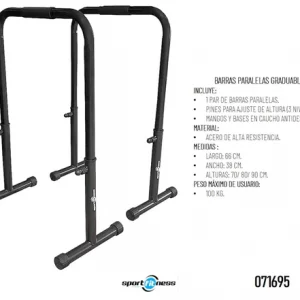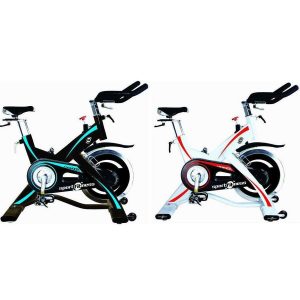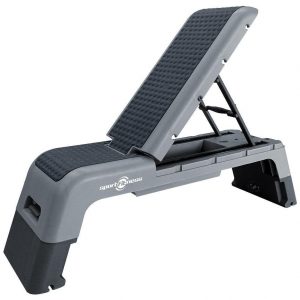Receta de dulces de arroz con proteína de Sascha Fitness
Con esta receta de dulces de arroz con proteína de Sascha Fitness vas a disfrutar como nunca. Se trata de esos pequeños caprichos que nos damos a veces, pero saludables y respetando el objetivo de que te encuentres bien.
Y es que, como sabes, en Tienda Sport Fitness damos muchísima importancia a la calidad. Por eso, además de la proteína en polvo de Sascha Fitness, queremos aportarte buenas ideas. Para que aprecies que no todo son aburridos batidos de proteína.
Receta de dulces de arroz con proteína de Sascha Fitness: sana y fácil
Te proponemos una receta de dulces de arroz con proteína de Sascha Fitness con la que te vas a chupar los dedos. ¡Es muy sencilla y sana!
Supone un giro en las delicias crujientes de arroz clásicas, eliminando los malvaviscos poco saludables y usando avena con alto contenido de fibra en combinación con el cereal de arroz. Puedes utilizar la proteína en polvo de Sascha Fitness que prefieras, para que tenga ese toque personal que tanto te gusta.
INGREDIENTES
Para 9 porciones:
- 2 cucharadas de mantequilla.
- 1/3 taza de miel.
- 1 cucharadita de extracto puro de vainilla, sin azúcar añadido.
- 1 cucharada de proteína de Sascha Fitness.
- 1/2 tazas de arroz crujiente.
- 1/2 taza de avena natural.
- 1/4 taza de mantequilla de almendras suave.
- 1 pizca de aceite para cocinar.
PREPARACIÓN
Rocía un molde para hornear de 9×9 con aceite (poca cantidad). En una sartén grande a fuego lento, derrite la mantequilla y agrega la miel, la mantequilla de almendras y la vainilla.
Apaga el fuego y luego agrega la proteína en polvo de Sascha Fitness, la avena y el cereal de arroz. Deja reposar la mezcla en la sartén y luego enfriar durante 20 minutos.
Con esta receta de dulces de arroz con proteína de Sascha Fitness podrás disfrutar y darte un capricho sano. ¡Que la disfrutes!
Nuestros destacados

Set De Movilidad 3 EN 1 – Sport Fitness 71465
Original price was: $118.795.$95.036Current price is: $95.036. IVA Comprar Ahora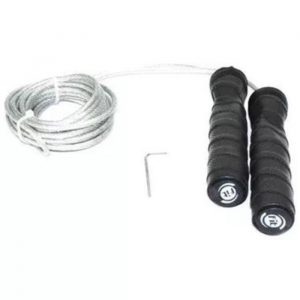
Lazo Para Salto JR4317 – Sport Fitness 71588
Original price was: $63.398.$50.718Current price is: $50.718. IVA Comprar Ahora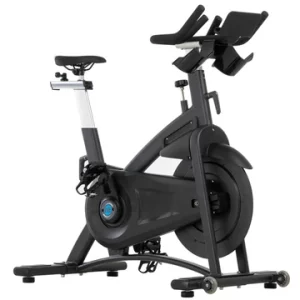
Bicicleta Spinning Magnética Benevento – 70396
Original price was: $3.590.517.$2.872.413Current price is: $2.872.413. IVA Comprar Ahora